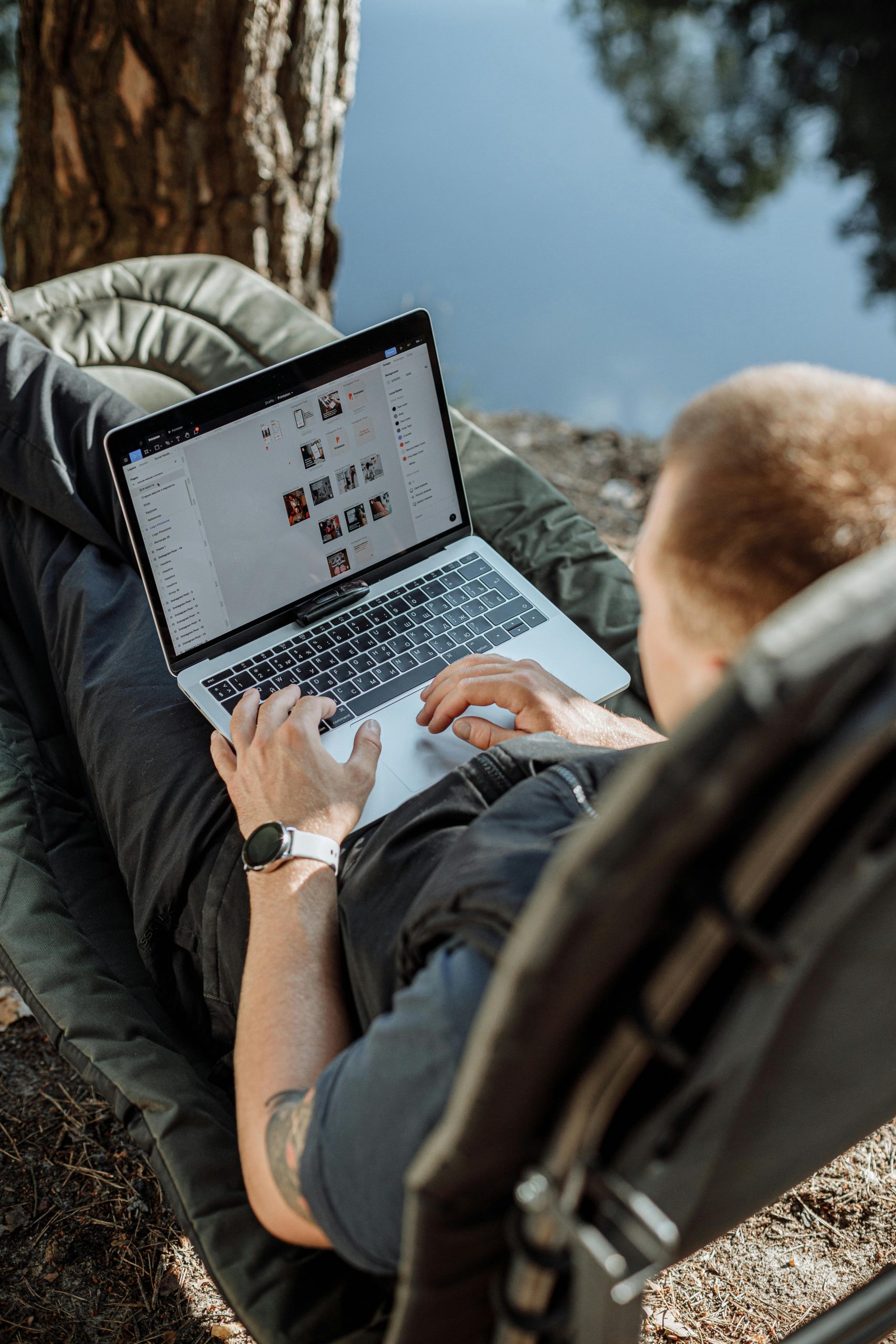Camping is one of the best ways to disconnect from the hustle of daily life and reconnect with nature. However, for beginners, the idea of sleeping under the stars can feel overwhelming. Between packing the right gear, setting up camp, and staying safe, there’s a lot to consider. But don’t worry—camping doesn’t have to be stressful! With the right preparation and mindset, you can enjoy a relaxing and memorable outdoor adventure. Here’s how to make your first camping trip as stress-free as possible.
Plan Ahead for a Smooth Experience
Proper planning is the key to a successful camping trip. Rushing at the last minute can lead to forgotten essentials or unexpected challenges. Here’s how to prepare:
Choose the Right Campsite
Not all campsites are created equal. As a beginner, opt for established campgrounds with amenities like restrooms, potable water, and designated fire pits. National parks, state parks, and private campgrounds often offer beginner-friendly facilities. Research online reviews or ask experienced campers for recommendations.
Check the Weather
Nothing ruins a camping trip faster than unexpected rain or extreme temperatures. Always check the forecast a few days before your trip and pack accordingly. If bad weather is predicted, consider rescheduling.
Make a Packing List
Forgetting essential gear can turn a fun trip into a frustrating one. Create a detailed packing list that includes:
- Shelter: Tent, stakes, and a mallet
- Sleeping gear: Sleeping bag, sleeping pad, and pillow
- Cooking supplies: Portable stove, fuel, utensils, and food
- Clothing: Layers for changing weather, sturdy shoes, and rain gear
- Safety items: First aid kit, flashlight, and a multi-tool
Master the Basics of Setting Up Camp
Once you arrive at your campsite, the real adventure begins. Setting up camp efficiently will help you relax sooner.
Practice Pitching Your Tent at Home
If you’ve never set up a tent before, doing it in daylight at home is much easier than struggling in the dark at the campsite. Familiarize yourself with the poles, stakes, and rainfly so you can assemble it quickly when you arrive.
Pick the Best Spot
Look for flat, dry ground free of rocks and roots. Avoid low areas where water might pool if it rains. If possible, position your tent so the door faces away from the wind.
Organize Your Campsite
Keep your cooking area separate from your sleeping area to avoid attracting wildlife. Store food in airtight containers or a bear-proof locker if provided. A well-organized campsite makes everything easier to find and reduces clutter.
Stay Comfortable and Safe
Camping should be enjoyable, not uncomfortable. A few simple strategies can make a big difference in your experience.
Dress for the Outdoors
Layering is essential for staying comfortable in changing weather. Avoid cotton, which stays wet and can make you cold. Instead, opt for moisture-wicking fabrics like wool or synthetic materials.
Keep Bugs at Bay
Mosquitoes and ticks can quickly ruin a trip. Pack insect repellent, wear long sleeves and pants, and consider a mosquito net if you’re camping in a bug-heavy area.
Follow Fire Safety Rules
If campfires are allowed, keep them small and contained within a fire ring. Never leave a fire unattended, and fully extinguish it with water before going to bed. Check local regulations—some areas may have fire bans during dry seasons.
Embrace the Simplicity of Camping
One of the best parts of camping is slowing down and enjoying the little things. Here’s how to make the most of your time outdoors.
Unplug and Relax
Leave your laptop and work emails behind. Instead, bring a book, a sketchpad, or a deck of cards. Spend time stargazing, listening to nature, or having meaningful conversations around the campfire.
Try Easy Campfire Meals
You don’t need to be a gourmet chef to eat well while camping. Simple meals like foil-wrapped veggies, hot dogs, or pre-made chili are easy to cook and delicious. Don’t forget marshmallows for roasting!
Leave No Trace
Respect nature by following Leave No Trace principles. Pack out all trash, avoid disturbing wildlife, and leave your campsite cleaner than you found it. This ensures others can enjoy the outdoors too.
Conclusion
Camping for the first time doesn’t have to be intimidating. With careful planning, the right gear, and a relaxed mindset, you’ll be able to enjoy the beauty of nature without unnecessary stress. Remember, every seasoned camper was once a beginner—mistakes are part of the learning process. So pack your bags, embrace the adventure, and create memories that will last a lifetime. Happy camping!
